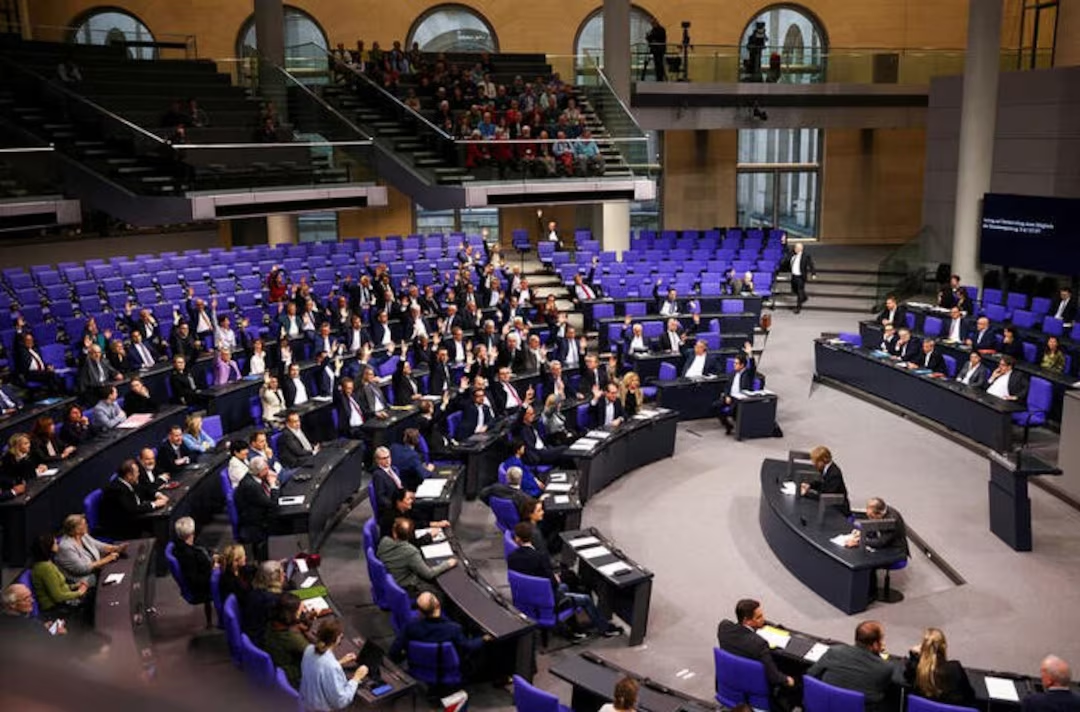Populism"s Grip on German Society
In a shocking revelation, the rise of right-wing populism isn"t merely the concern of a fringe minority; it"s a pervasive sentiment that infects the thoughts and actions of nearly 80 percent of the German populace. This alarming trend is not just a political anomaly; it is a direct challenge to the very fabric of democratic values. As reported by Felder et al., the populist ideology is not only a rallying cry for the Alternative für Deutschland (AfD) but also resonates deeply with those who might never vote for them.
The Appeal of Populist Narratives
Populism thrives on the notion of scapegoating and simplification of complex issues. The mantra is clear: “Let’s not seek solutions; let’s find culprits.” This toxic ideology offers a seductive escape from the overwhelming challenges of ecological crises and social inequalities. According to O Schmidtke, the populist challenge lies in its ability to misrepresent the “will of the people,” turning legitimate grievances into a platform for hatred and division.

Germany"s Scholz would accept vote of confidence before ...
Technology and the Spread of Populism
The role of technology in amplifying these sentiments cannot be overstated. Social media platforms, often unregulated and prioritizing profit over public good, are breeding grounds for misinformation and hate speech. This digital landscape creates echo chambers that reinforce divisive ideologies. As a technology policy expert, I find it deeply concerning that our digital rights are being compromised as platforms prioritize user engagement, often at the expense of democratic discourse.
Health Policy Under Populist Pressure
The intersection of populism and healthcare policy presents a particularly troubling scenario. As right-wing populists gain traction, they often advocate for dismantling welfare systems that support the most vulnerable. This is evident in recent studies that highlight how populist parties influence welfare policies detrimental to public health, as illustrated by research on the populist challenge to democracy. The narrative that welfare is a burden rather than a societal benefit paves the way for a regressive approach to healthcare.

Around 200,000 gather across Germany in latest protests ...
The Dangers of Moral Erosion
As the moral compass of society dims under the weight of populist rhetoric, we witness a disturbing call for a regression to a more brutish form of governance. The phrase “less morality, more hardness” encapsulates a growing sentiment that favors egoism over empathy. This moral erosion is not just an ideological shift; it poses real risks to social cohesion and democratic principles. The implications are dire, as the distance between ecological crises and political inaction widens, leading to a societal acceptance of hate and division.
The Path Forward
Addressing the rise of right-wing populism in Germany requires urgent action from progressive leaders. We need to reclaim the narrative that seeks solutions rather than scapegoats. Policy reforms that focus on transparency, accountability, and the protection of digital rights are essential. In doing so, we can foster an environment where democratic values are not just preserved but thrive, countering the seductive allure of populism with inclusive and equitable alternatives.

German coalition collapses: What comes next? | Reuters



![[Video] Gunfire between Iraqi security forces and Sadr militias in Baghdad](/_next/image?url=%2Fapi%2Fimage%2Fthumbnails%2Fthumbnail-1768343508874-4redb-thumbnail.jpg&w=3840&q=75)
